Have you ever pondered the resilience of your business in the face of a serious cyberattack?
In today’s interconnected world, even small businesses in Northland possess valuable customer data and systems that hackers might target. However, simply hoping for the best isn’t a viable security strategy. Instead, you can actively assess your cybersecurity posture through vulnerability scanning and penetration testing.
These assessment methods help illuminate potential weaknesses, allowing you to reinforce any vulnerabilities before they’re exploited by real threats.
Let’s delve into these two testing options using a home security analogy.
Surveying the Premises: Vulnerability Scans
Similar to inspecting the exterior of your home for possible entry points, vulnerability scanning scrutinizes your network and devices from an outsider’s perspective. It detects weaknesses like unpatched systems, insecure configurations, or open ports that could serve as entry points for attackers.
Think of it as identifying an unlocked window or flimsy locks: a vulnerability scan generates a report highlighting areas that require additional security measures. However, it doesn’t verify whether these vulnerabilities are exploitable. You still need to review the report and take remedial actions, such as installing stronger locks or implementing an alarm system.
The advantage of vulnerability scans lies in their frequency and automation. They can be conducted regularly, often through security tools, enabling you to stay proactive in addressing vulnerabilities before they’re exploited. This makes vulnerability scanning a cost-effective means of monitoring your defenses over time.
Simulating Real-world Threats: Penetration Testing
Going a step beyond, penetration testing emulates the tactics employed by actual cybercriminals by attempting to infiltrate your systems and access sensitive data.
While vulnerability scans may reveal that your house needs a gate, penetration testing could unveil that a hacker could bypass the gate by scaling your neighbor’s fence.
Penetration testing provides a more accurate assessment than vulnerability scans alone, as skilled ethical hackers employ the latest techniques to identify vulnerabilities. However, it’s a pricier and more disruptive process due to its hands-on approach. It’s advisable to begin with regular vulnerability scans and reserve deeper penetration tests for critical systems, such as those handling payment processing.
Meeting Compliance Requirements
Beyond enhancing cybersecurity, vulnerability scans and penetration tests are often mandated for businesses to comply with credit card handling standards.
Taking proactive measures like these helps safeguard sensitive customer information and ensures regulatory compliance.
As a managed security provider, our team of experts can conduct comprehensive vulnerability scans and penetration tests on your behalf. Leveraging our skilled ethical hackers and automated scanning tools, we can evaluate your network’s security posture without interrupting your daily operations.
If you have concerns about your cybersecurity, don’t hesitate to reach out to us here for assistance.
